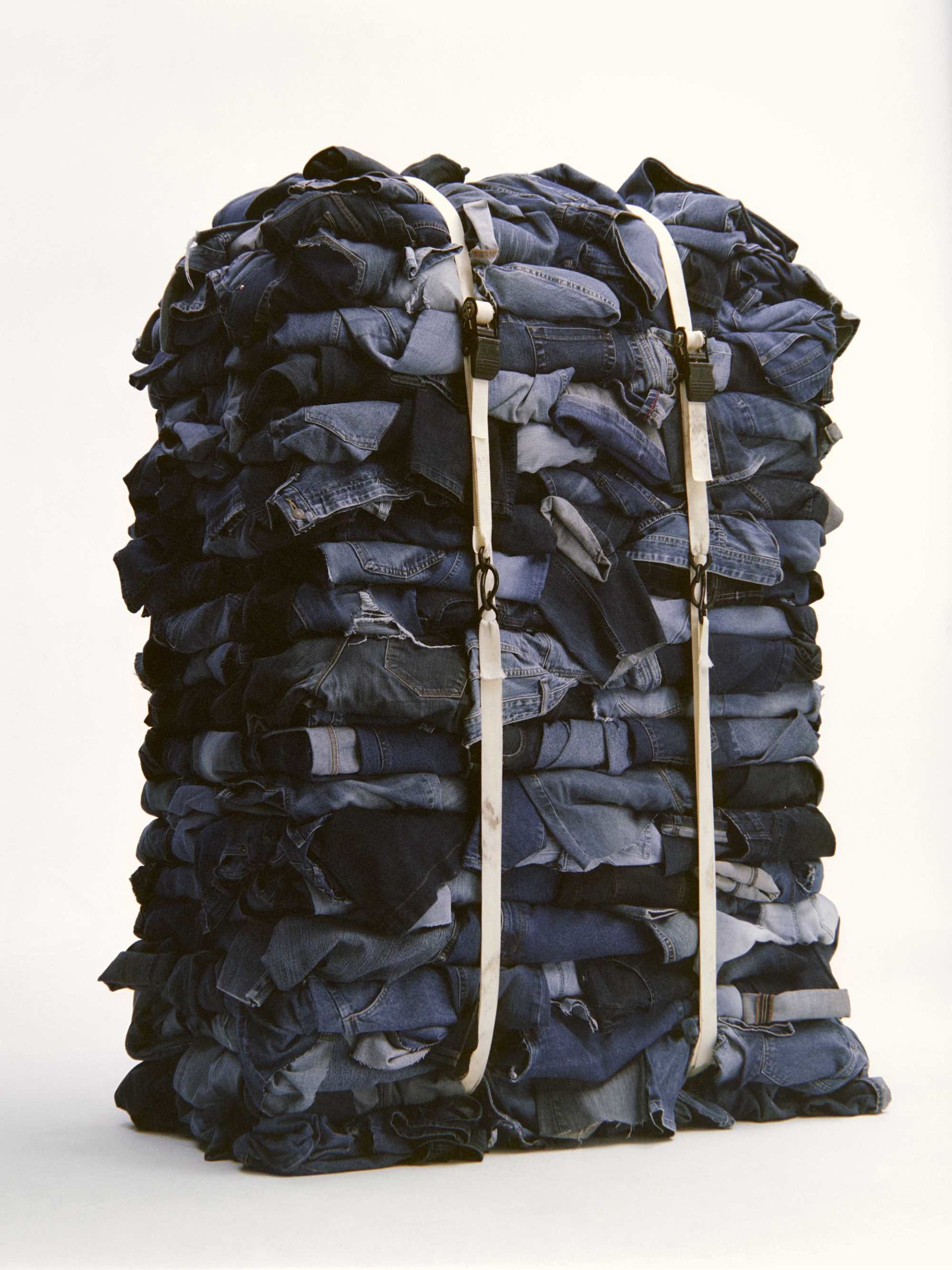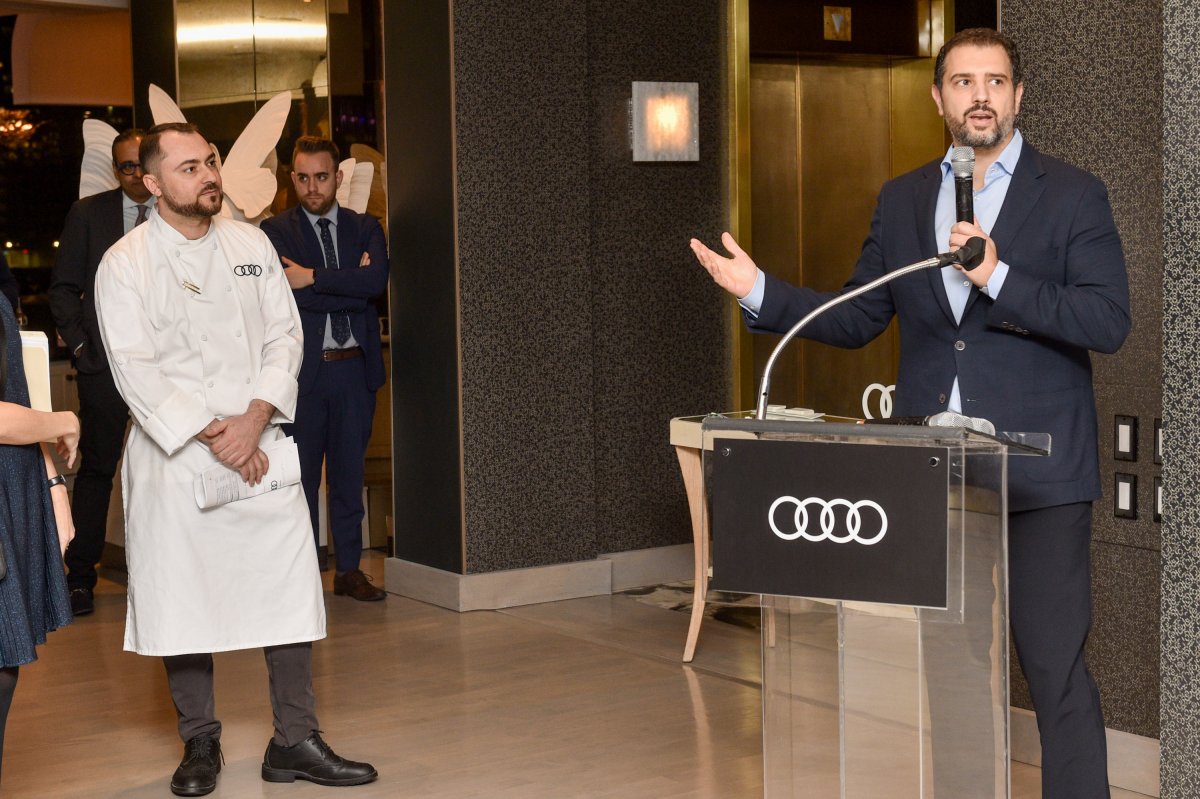[vc_row][vc_column][vc_column_text]Montreal-based fashion brand Frank And Oak launched online in 2012, focusing on elevated, affordable wardrobe basics for men. Pop-up shops and permanent brick-and-mortar boutiques followed, the brand introduced womenswear in 2016, and launched its Style Plan subscription boxes two years later.
Along the way, the Canadian brand pivoted from a tech-enabled fashion startup to a sustainably-minded industry leader, making incremental but growing materials and production commitments that stand out for their scope and breadth. “When we first started, the idea was to build a brand that would also have a positive contribution in our local community. We got involved in a variety of activities from sustainability-oriented activities to more charity [initiatives] and supporting local organizations,” says Ethan Song, CEO and Co-Founder of Frank And Oak. “But, sometime around 2016, we decided that we needed to be more focused in our impact on the world. And, being in the fashion industry — which is, by all accounts, at least the second or third most polluting industries in the world — we realized that that’s where we could have the biggest impact.”
Today, there are four primary areas of focus for the company’s current sustainability efforts: product, supply chain, education, and community impacts. Which means, according to Song, “making sure that the product we make is made with responsible materials and via manufacturing processes or factories that are also socially responsible,” offsetting “the shipping impact on the environment,” “developing biodegradable, recycled and recyclable packaging for e-commerce,” pushing for a “complete shift in the way that consumers will interact with product” through education, and supporting environmental charities such as the World Wildlife Fund.
In 2018, the brand introduced a more eco-friendly “Minimal” collection featuring plant-based fabrics such as Tencel and denim made with less water and fewer chemicals. Today, the company has achieved B-Corp certification, carbon offsets its e-commerce and subscription box orders in Canada, and is committed to making at least half of its products “with minimal impact processes”— the collection features sweaters with seaweed-based fibres to puffer coats partially made from discarded plastic bottles alongside more conventional offerings.
And recently, Frank And Oak introduced its most intriguing “Minimal” product yet: Circular denim, an 8-piece capsule made with recycled-denim fibers mixed with new material. Even using just 10 percent recycled denim, the new collection represents a bold first step at reducing the amount of garments that end up in landfills (it’s much more difficult to recycle post-consumer garments than to incorporate, for example, fibres made from recycled plastic).
“For us, [innovation can be] looking at a product that is currently made, and thinking about how do we re-engineer that product to use less materials, in terms of input, and be more durable,” says Song. Circular denim is a first step towards closed-loop manufacturing, suggests Song, “It’s still a very new idea in the industry, the idea that you can use material from old products that were discarded from the same product-category.”
And, critically, Circular denim looks and performs just as well as their other jeans—ultimately, sustainably-produced products will only succeed if they’re embraced by the consumer. “We’ve realized that it is still important to give consumers the fashion, style, and functionality that they are used to in the products they buy,” says Song. “I think that companies have to take on the responsibility and make the investments to make sure that their product is not only beautiful, but also sustainable. That’s where the challenge lies.”[/vc_column_text][/vc_column][/vc_row]













